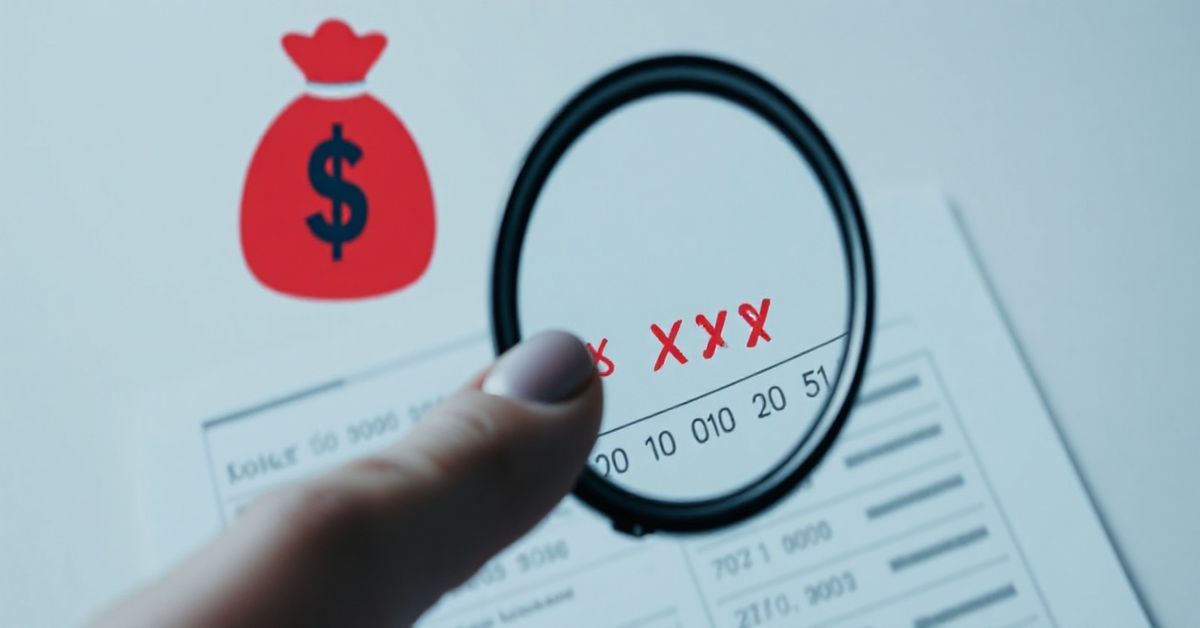Backup Withholding
What is Backup Withholding and How Does It Work?
Backup withholding is when a payer must withhold 24% of certain payments to the IRS because the payee (you) hasn’t given them the correct taxpayer identification number (TIN), or the IRS has told them to withhold due to underreporting. It acts as a backup to regular tax withholding and helps ensure the government gets its due taxes.

